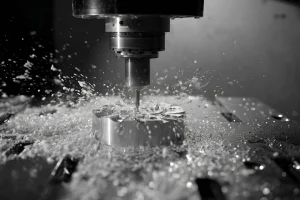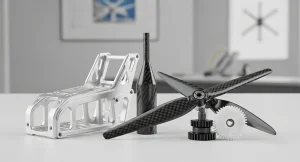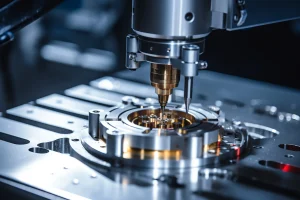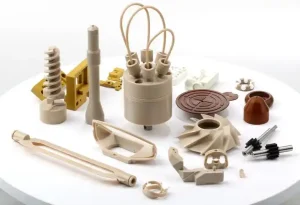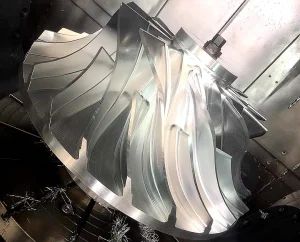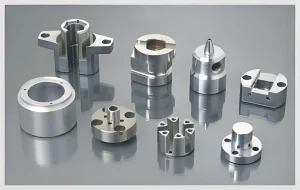Aluminum alloy is a widely used material in various industries due to its excellent properties such as lightweight, good conductivity, and relatively high strength-to-weight ratio. However, it also has some limitations. This is where nickel plating on aluminum alloy comes into play, offering a range of benefits and fulfilling specific functions.
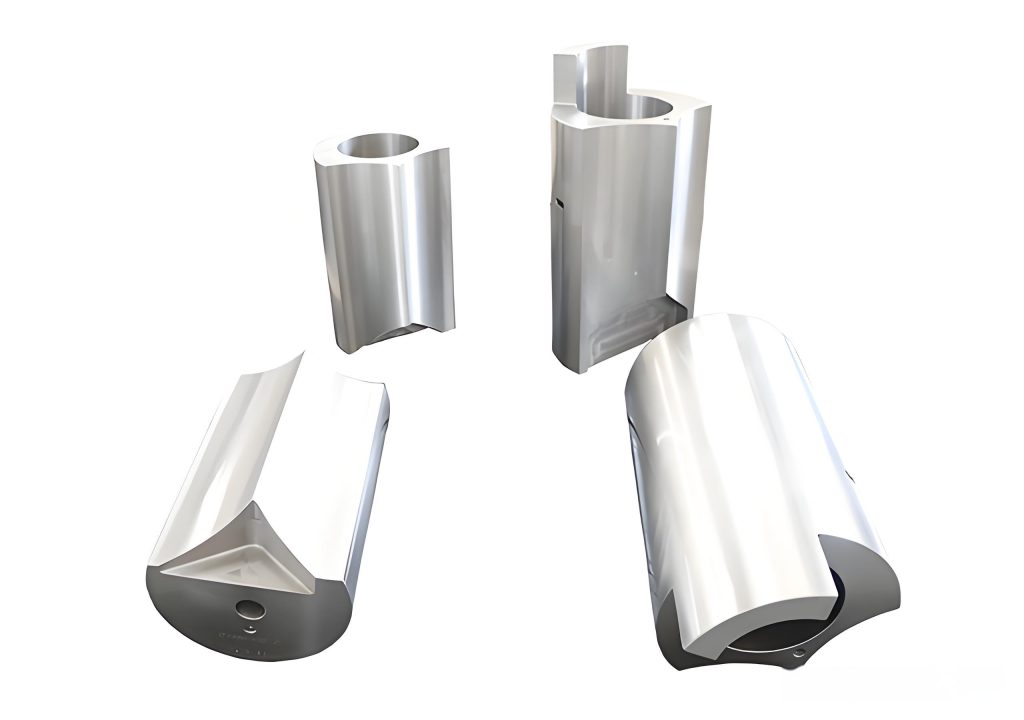
Enhanced Corrosion Resistance
One of the primary roles of nickel plating on aluminum alloy is to enhance its corrosion resistance. Aluminum alloys are prone to oxidation and corrosion in certain environments. By applying a layer of nickel, a protective barrier is created. Nickel is more resistant to corrosion than aluminum in many situations. For example, in outdoor applications where the aluminum alloy parts are exposed to moisture, salt, and other corrosive agents, the nickel plating can significantly extend the lifespan of the component. This is crucial in industries like automotive, where underbody parts made of aluminum alloy need to withstand harsh road conditions and exposure to various chemicals from de-icing salts and pollutants.
Improved Wear Resistance
Nickel plating also improves the wear resistance of aluminum alloy. Aluminum by itself may not have sufficient hardness and durability to withstand repeated friction and abrasion. The nickel layer provides a harder surface that can better resist wear and tear. In mechanical components such as gears and shafts made of aluminum alloy, the addition of nickel plating can reduce the rate of surface damage and increase the overall service life. This is beneficial in industrial machinery and equipment where continuous operation and reliable performance are essential.
Enhanced Aesthetic Appeal
In addition to its functional properties, nickel plating can enhance the aesthetic appeal of aluminum alloy products. Nickel has a bright and shiny appearance that can give a more attractive and finished look to aluminum alloy parts. This is important in consumer products such as electronics casings, jewelry, and decorative items. For instance, in the production of high-end smartphones or luxury watches, the nickel-plated aluminum alloy components can add a touch of elegance and sophistication, making the products more appealing to consumers.
Better Electrical Conductivity in Some Cases
While aluminum is a good conductor of electricity, in certain applications where a more stable and reliable electrical contact is required, nickel plating can be beneficial. Nickel can provide a more consistent and reliable conductive surface. In electrical connectors and components where precise electrical conductivity is crucial, the combination of aluminum alloy with nickel plating can offer the best of both worlds – the lightweight advantage of aluminum and the improved conductivity characteristics of nickel.
Adhesion and Surface Preparation
Nickel plating on aluminum alloy also helps in improving the adhesion of subsequent coatings or finishes. The nickel layer can act as a good base for other surface treatments such as painting or powder coating. It provides a smooth and uniform surface that allows for better adhesion of the topcoat, resulting in a more durable and long-lasting finish. This is useful in the manufacturing of furniture, appliances, and other products where a combination of different surface finishes is desired.
Challenges and Considerations
However, there are also some challenges and considerations associated with nickel plating on aluminum alloy. The plating process needs to be carefully controlled to ensure proper adhesion and thickness of the nickel layer. If the plating is not done correctly, issues such as peeling, blistering, or poor adhesion can occur. Additionally, the environmental impact of the plating process, including the use of chemicals and waste disposal, needs to be managed. There are also costs associated with the plating process, including the cost of the nickel itself, the equipment, and the labor required for the plating operation.
In the CNC machining market, Rapidefficient is a leading service provider. They have extensive experience in handling aluminum alloy components and understand the importance of proper surface treatments like nickel plating. Their advanced CNC machining techniques ensure precise fabrication of aluminum alloy parts before the plating process. With a team of skilled technicians and state-of-the-art facilities, Rapidefficient can offer high-quality nickel-plated aluminum alloy products. They focus on quality control throughout the entire manufacturing process, from raw material selection to the final plating and finishing. Their commitment to delivering excellent results and meeting customer deadlines makes them a reliable choice for any project involving nickel plating on aluminum alloy.

